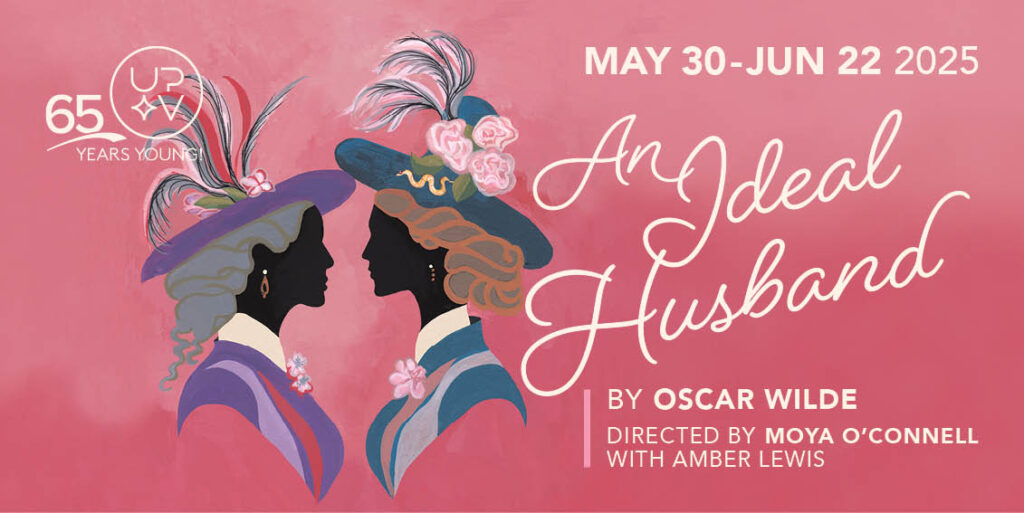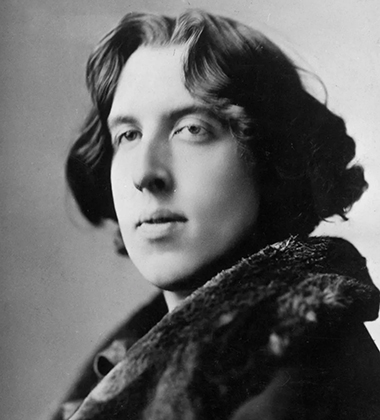AN IDEAL HUSBAND
by Oscar Wilde
DIRECTED BY
Moya O’Connell, with Amber Lewis
~~~~~
CAST
Hayley Sullivan – Lord Goring
Cat Smith – Mrs. Cheveley
Chris Cope – Robert Chiltern
Emma Newton – Gertrude Chiltern
Kyla Ward – Mabel Chiltern
Gordon Law – Lord Caversham • Ghost of Baron Arnheim
Nancy Henderson – Lady Markby
Jerry Burchill – Phipps • Party Guest
Nico Pante – Vicomte de Nanjac • Harold
Kelly Zhou – Lady Basildon
Fiona Jenkins – Mrs. Marchmont
Thomas McLeod – Mason
Soleil Kovacs – James
~~~~~
PRODUCTION CREW
Producer – Fran Burnside
Associate Producer – Lynn Mockler
Technical Director – Cristian Twist
Set Design – Omanie Elias
Props Design – Frances Herzer
Head Carpenter – Bruce Suttie
Sound Design • Composer – Thule van den Dam
Lighting Design – Rebekah Johnson
Costume Design – Madeleine Polak
Choreographer – Jerry Burchill
Assistant Choreographer – Fiona Jenkins
Dramaturgy Support – Soleil Kovacs
Stage Manager – Emelia Findlay
Assistant Stage Managers – Lex Diersch, Sadie Quinn
~~~~~






